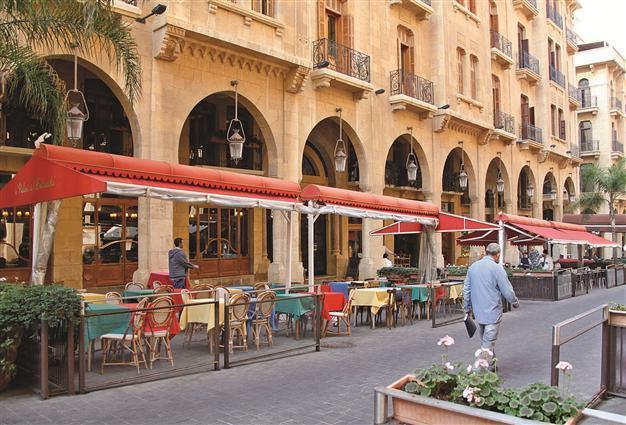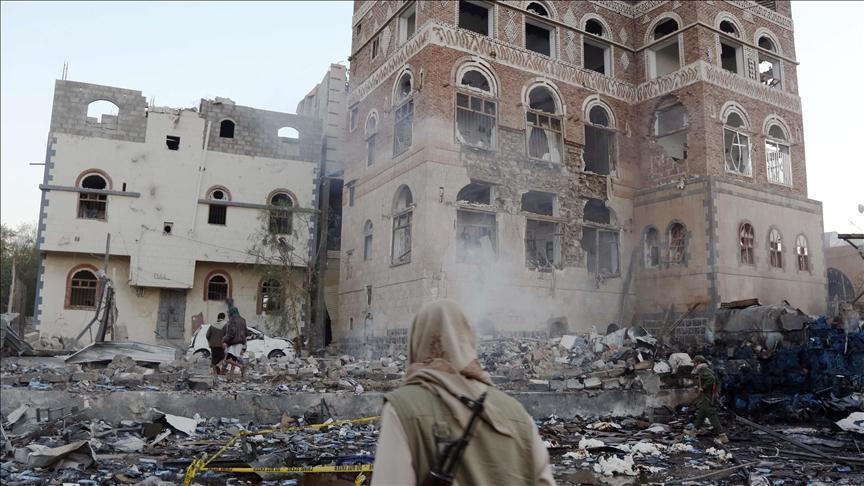‘Arab Spring fanaticism’ hits tourism in Lebanon
ISTANBUL

An empty cafe in Beirut in this file photo. ‘We are always associated with fighting and it’s not fair,’ Fares (inset) says.
The so-called “Arab Spring” has decreased Lebanon’s tourism revenue and also damaged the touristic face of the country as the number of foreign tourists has dramatically decreased, according to a Lebanese Tourism Ministry official.“No tourists [come] without tolerance and peace; these are the top prior conditions for a country to sustain tourism. We have lost it due to the ongoing crisis in the region. The unrest in regional countries gives us a terrible image, although there is no unrest in Lebanon,” Mona Haddad Fares, the director of the Tourism Promotion Department of the Lebanon Tourism Ministry, told the Hürriyet Daily News yesterday in Istanbul, where she attended the 17th East Mediterranean International Tourism and Travel Exhibition (EMMIT).
Fares said Lebanon must find a way to redefine its image in the international media. “We are always associated with fighting and it’s not fair,” she said.
The so-called Arab Spring started in 2010 with an uprising in Tunisia and has been continuing in Syria, drawing the country into a dramatic crisis. The overall death toll in devastated Syria has surpassed an estimated 60,000 people, the United Nations said recently, a dramatic figure that could skyrocket as the civil war persists. “Is it a real spring? I don’t see a real one, because it brings countries to more fanaticism and fanaticism is not good for anyone. For tourism the first condition is to be tolerant. Unfortunately due to lack of tolerance tourism is down in the region,” Fares said. Religious tourism also has stopped, she said.
Applying a country’s own law to tourists is against the sector’s nature, she said. “Look at Morocco: Its tourism is growing. What about in Tunisia? It is not, and then what is the difference? Its tolerance,” Fares said.
Diaspora helps
However Fares said that thanks to the Lebanese diaspora, which has a major role in summer tourism, her country can manage the crisis in the sector. “We have more than 50 million Lebanese who emigrated from Lebanon in time to all over especially to Brazil, Canada and African countries,” she said.
The EMITT ranked as the fifth-largest tourism exhibition in the world and brought together more than 4,500 participants. About 110,000 visitors are expected from all over the world. HDN
















